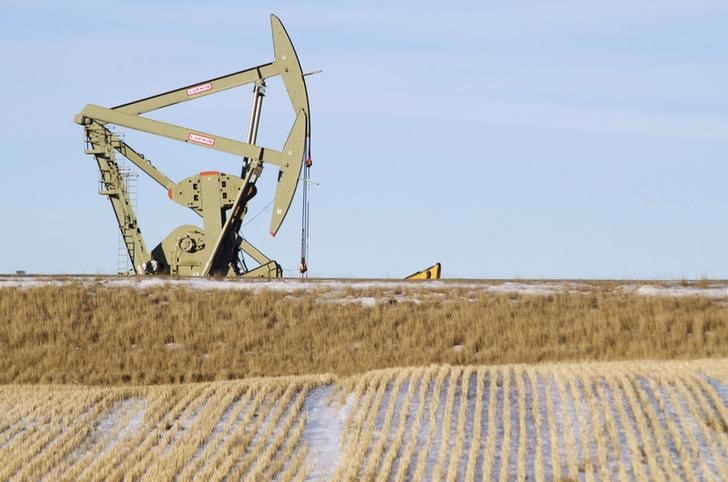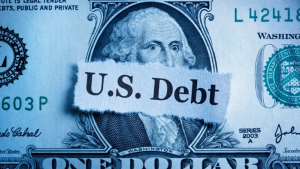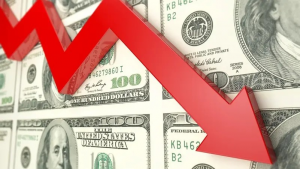In a Thursday note to clients, Citi strategists assessed how the upcoming 2024 U.S. presidential election, which will likely be a battle between Donald Trump and Kamala Harris, could impact oil prices.
Under a Trump administration, the impact on the oil market “could be net bearish due to trade tariffs, oil-and-gas-friendly policies/deregulation, and pushing OPEC+ to release oil to the market," strategists highlighted.
On the flip side, Citi sees the potential for increased sanctions on Iran under Trump as a significant bullish factor, though even this could have a limited impact.
Trump’s history with Iran suggests that reimposing sanctions could remove substantial volumes of Iranian oil from the market, thereby pushing prices up.
On the other hand, Harris's energy policies are expected to align closely with those of the current Biden administration, which could maintain or slightly increase regulatory pressures on the oil industry.
Harris’s approach to Iran is likely to be less confrontational, maintaining the status quo rather than reimposing severe sanctions. Her administration might continue to support a diplomatic approach, reducing the likelihood of significant disruptions in Iranian oil exports.
Moreover, Harris could be more supportive of a Middle East ceasefire, which could also add to the stability in the region and its oil supply dynamics.
Meanwhile, Trump's environmental policies could also play a role. Citi said the administration might roll back environmental regulations and halt aggressive Democratic fuel economy standards.
Trump’s stance against electric vehicle (EV) subsidies could slow down the adoption of EVs, sustaining higher demand for oil. However, Elon Musk’s recent endorsement of Trump “could moderate this impact,” strategists said.
Conversely, a Harris administration is expected to maintain or slightly intensify the current administration's regulatory approach.
"Harris's energy policy would not look too different from those of the incumbent administration,” strategists pointed out.
This includes supporting renewable energy initiatives and maintaining stricter regulations on fossil fuel production.
The potential impacts on oil prices also extend to infrastructure and regulatory measures. Under Trump, there could be efforts to increase leasing and acreage auctions for oil production, particularly on federal lands. This could boost domestic supply, but the immediate effects might be limited due to broader market conditions and legislative processes required to enact significant changes.
On the other hand, Harris might push for more stringent regulations under the Clean Air Act and Clean Water Act, although these could face legal challenges. Her administration might also aim to phase out new internal combustion engine vehicle sales by 2035, “though this would be again challenged by courts,” strategists remarked.
From a geopolitics perspective, Trump's close relationship with Saudi Arabia could lead to increased oil supply from OPEC+, potentially lowering prices, According to Citi. Similarly, Trump has also mentioned negotiating a deal to end the Russia-Ukraine conflict. If successful, this could also potentially ease the oil and gas markets.













